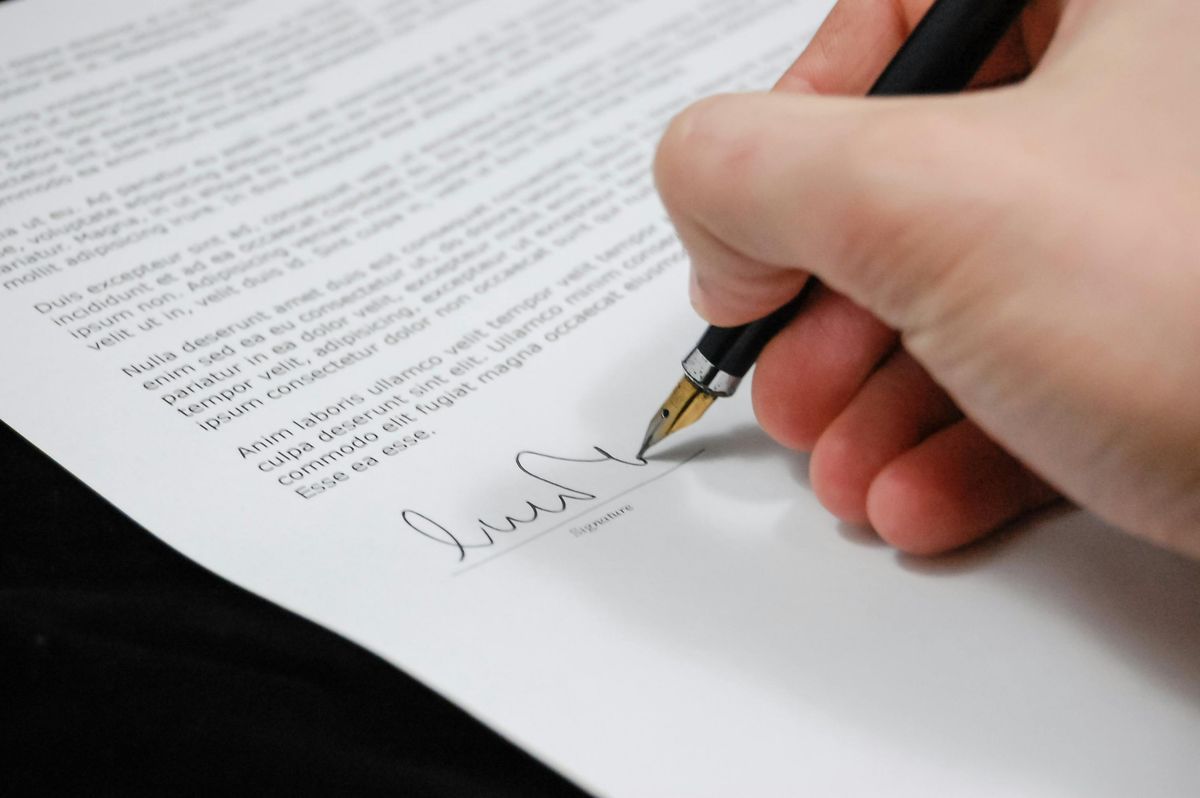Air passengers who face delays, lost or damaged luggage, or are denied boarding thanks to overbooking are already frustrated. If the airline refuses to pay the compensation the passenger is entitled to under Air Passenger Protection Regulations (APPR), that frustration can go through the roof. There is supposed to be help from the Canadian Transportation Agency (CTA), but as passengers who have tried to go through the adjudication process (or travel advisors who have tried to support them) know, getting a judgment from the CTA is a waiting game — up to two years in some cases.
According to an investigation by CBC Go Public, wait times are set to get even worse if the backlog of complaints continues to grow. Projections from the CTA, obtained by “Information Warrior” Ken Rubin, show that the backlog could grow to 126,000 by 2028. That represents a 45 percent increase and could mean passengers are going to have to wait up to three years for a judgment.
Passenger rights advocate Gabor Lukács says these numbers are indicative of a poorly designed system. “We have an unnecessarily and disproportionately complex regime,” Lukács told CBC. “Which necessitates an extraordinary amount of evidence and a disproportionate amount of judicial time to decide whether compensation is owed.”
Related: Proposed CTA Amendments Raise Passenger Ire
His suggestion is to follow the European model, where airlines pay compensation on valid claims except in “extraordinary circumstances.” That would mean processing claims becomes a fairly straightforward administrative task. The Canadian model allows exceptions under broad categories, leading to unnecessary complications and the backlog of complaints that is causing long wait times.
Another suggestion being floated is to charge the airlines for CTA resolutions. In 2023, the federal government called on the CTA to implement a mechanism to recover some of its costs: $790 for each resolved complaint. In addition to covering the costs of the process, this could have the benefit of encouraging airlines to pay the compensation a passenger is entitled to without forcing them to go to the CTA.
Lukács thinks $790 isn’t steep enough and that airlines should have to face penalties for avoiding payments owed to passengers. Penalties “should ensure that it becomes less profitable to break the law than to comply with the law,” said Lukács. “The purpose is fostering compliance.” As it stands, says Lukács, the airlines rely on hoping passengers won’t have the endurance to launch a complaint with the CTA and undergo such a lengthy process.
In its departmental plan for 2024-25, CTA chair and CEO France Pégeot stated that “cost recovery from airlines for the processing of eligible passenger complaints” was something “the CTA will consult on and implement in the coming year.” As of yet, nothing has been put in place.
Related: Free AirHelp App Alerts Travellers to Compensation Rights
Topics From This Article to Explore

